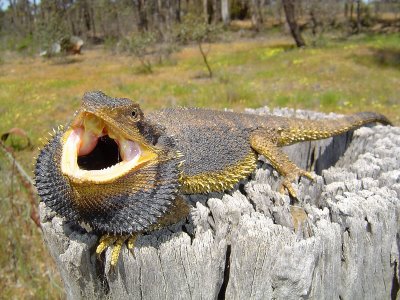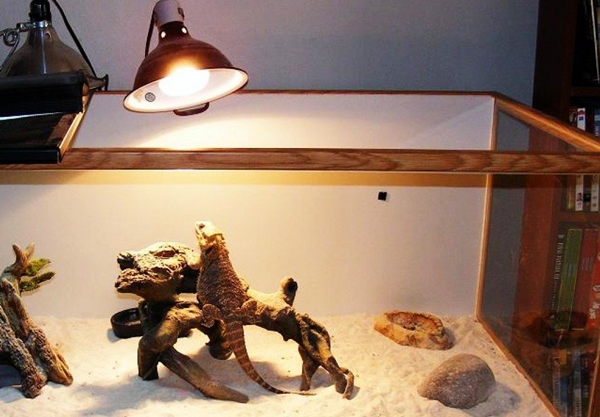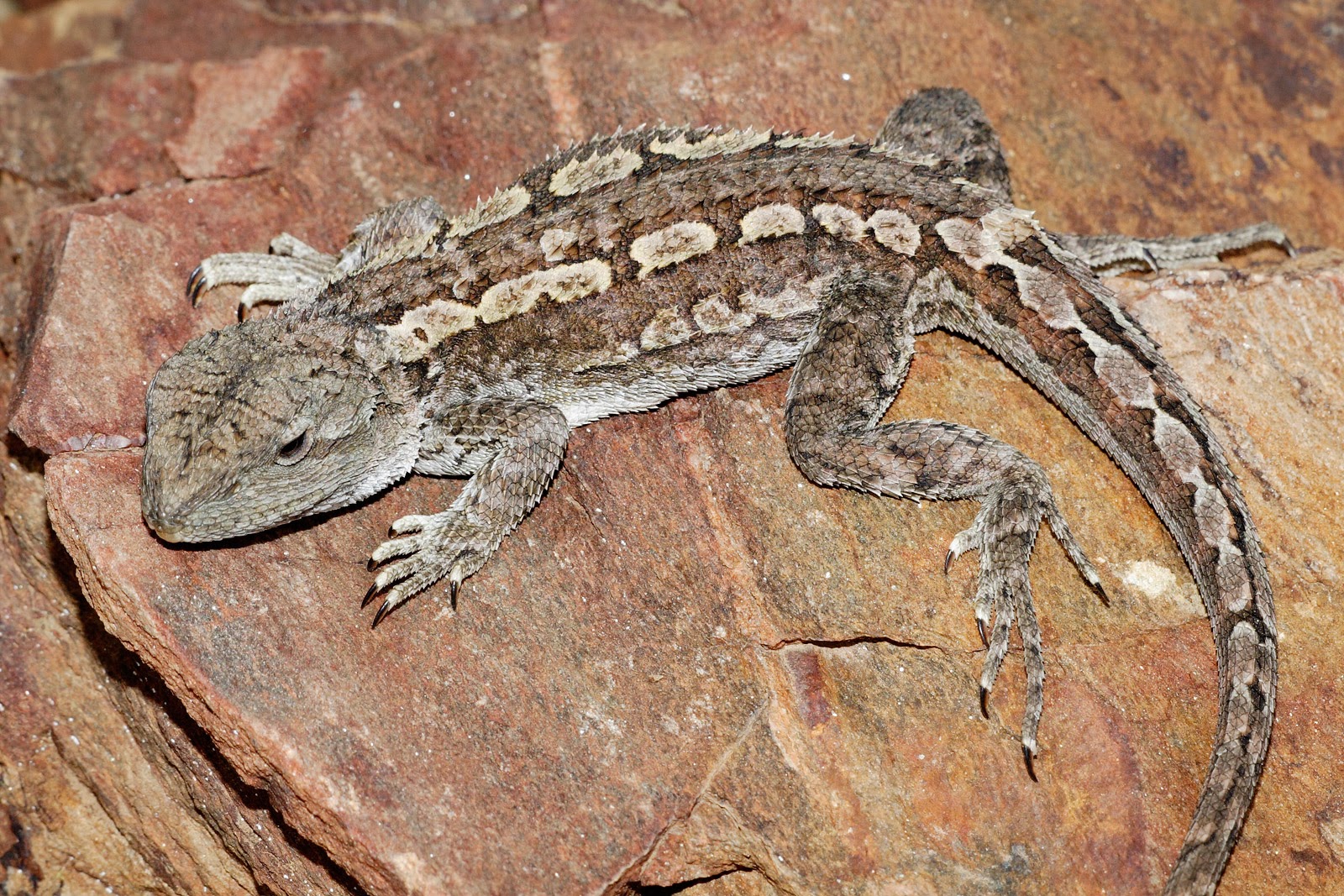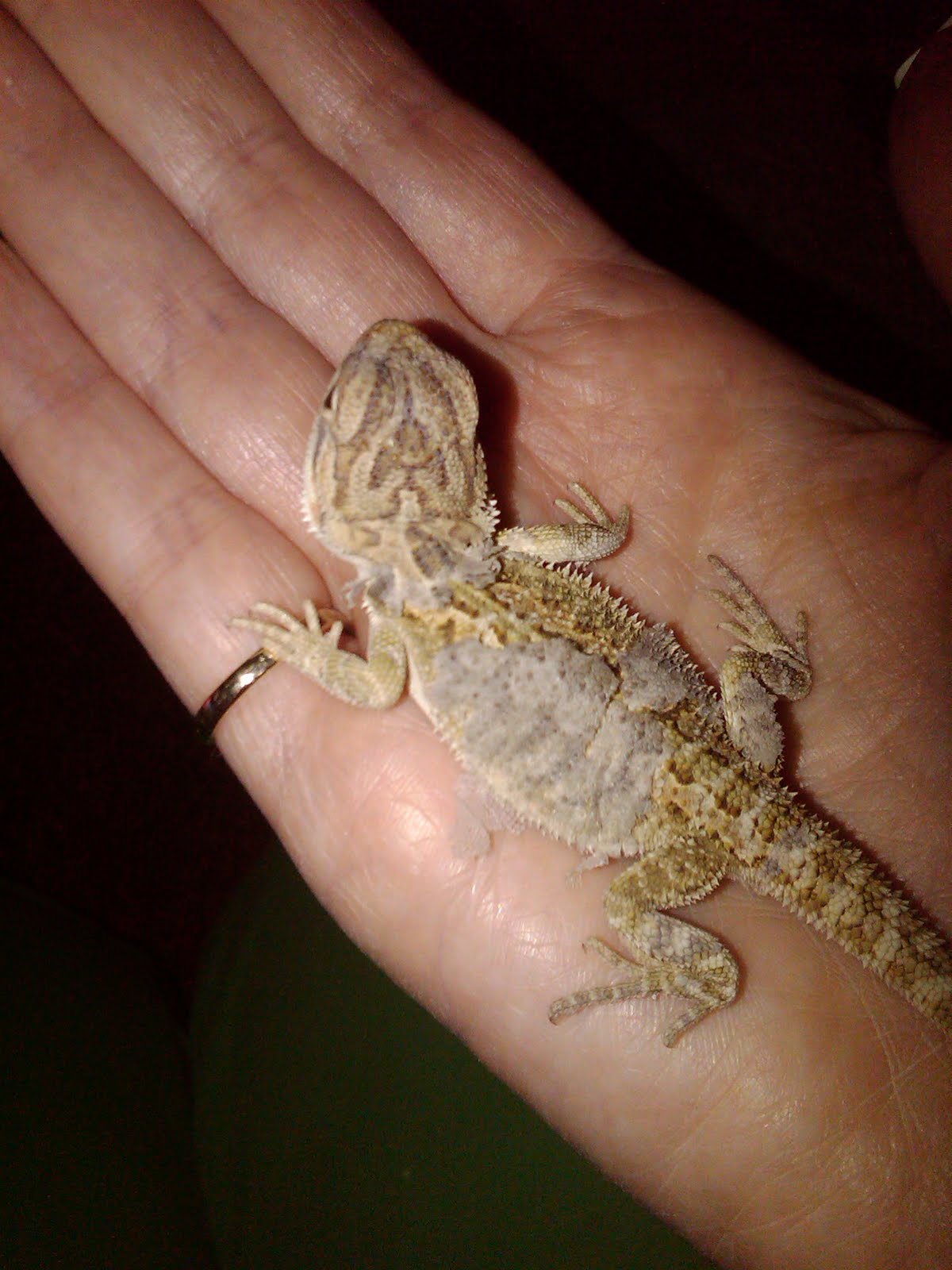Bearded Dragon Black Beard and Head Bobbing: What You Need to Know
Introduction
Bearded dragons are popular pets among reptile lovers. They are known for their friendly demeanor, ease of care, and unique appearance. However, like any pet, they have their own set of behaviors that can be confusing to new owners. One such behavior is the bearded dragon’s black beard and head bobbing. In this article, we’ll explore what these behaviors mean and what you should do if you notice them in your bearded dragon.
What is a Bearded Dragon’s Black Beard?
When a bearded dragon is stressed or feels threatened, it may turn its beard black. This is a sign that the bearded dragon is feeling defensive and is trying to warn potential predators to stay away. In some cases, a bearded dragon may also turn its beard black when it is feeling ill or uncomfortable. Owners should monitor their bearded dragon’s behavior and environment to determine the cause of the black beard.
Why Do Bearded Dragons Head Bob?
Bearded dragons may also exhibit head bobbing behavior. This can be a sign of territoriality or dominance. Male bearded dragons are more likely to head bob than females, and they may do so to establish dominance over other males or to attract a female during breeding season. Owners should be aware that head bobbing can also be a sign of stress or illness and should observe other behaviors to determine the cause.
What Should You Do if You Notice These Behaviors?
If you notice your bearded dragon exhibiting a black beard or head bobbing behavior, there are several things you can do. First, check your bearded dragon’s environment to ensure that it is comfortable and stress-free. Make sure that there are no potential predators, loud noises, or other stressors in the area. You should also check your bearded dragon’s temperature and lighting to ensure that it is optimal for their health. If none of these factors seem to be contributing to the behavior, it may be a sign of illness or injury. In this case, you should consult with a veterinarian who specializes in reptile care.
Conclusion
Bearded dragons are fascinating pets with unique behaviors, including black beards and head bobbing. Understanding what these behaviors mean can help you better care for your bearded dragon and ensure its health and happiness. If you notice any of these behaviors, be sure to observe other behaviors and consult with a veterinarian if necessary.
Image Gallery








